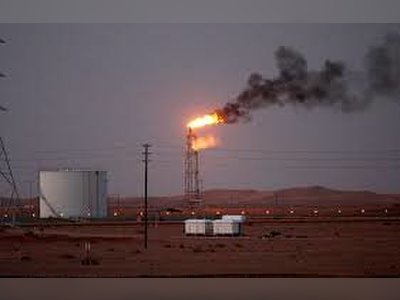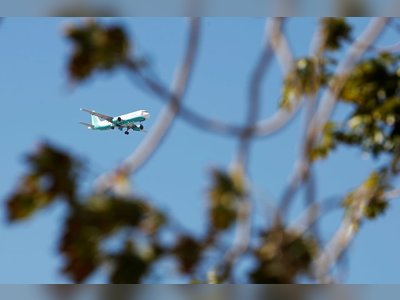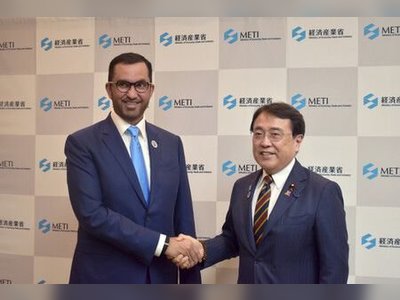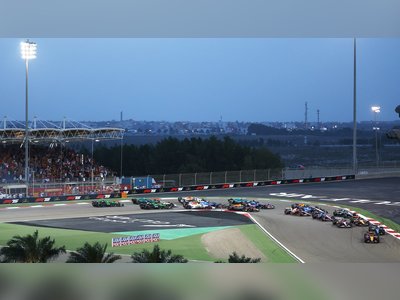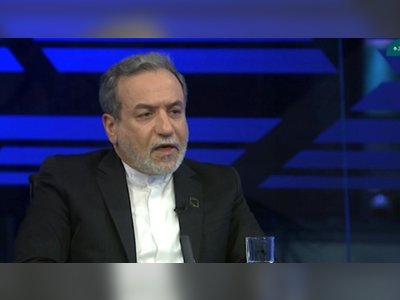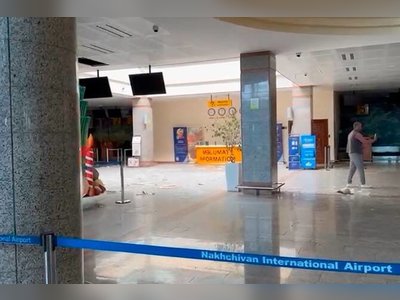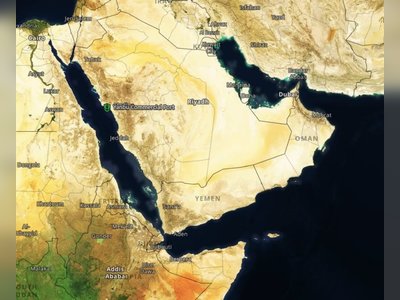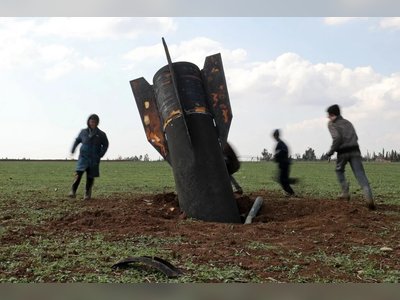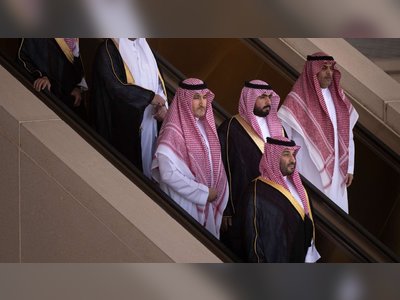Global AI Safety Summit in San Francisco Amid Rising Geopolitical Tensions and Diplomatic Maneuvers
Global leaders convene in San Francisco to develop AI safety strategies, while diplomatic efforts intensify worldwide for peace in Ukraine and Gaza.
In San Francisco, government officials and AI experts from around the globe, including Australia, Canada, and the European Union, are meeting to hammer out critical AI safety strategies, focusing on deepfake detection and global security, even as President-elect Donald Trump aims to repeal existing AI policies.
Meanwhile, back in the US, the Senate has rejected a proposal to block military sales to Israel despite humanitarian concerns in Gaza, with a significant majority standing against the resolution aimed at pausing sales of military equipment like tank rounds.
On a parallel diplomatic front, China and Brazil have united for peace efforts, with Presidents Xi Jinping and Luiz Inacio Lula da Silva calling for a ceasefire in Ukraine and Gaza while solidifying their cooperation with 35 new accords.
In Ukraine, President Volodymyr Zelensky is advocating for diplomatic avenues over military action for reclaiming Crimea, stressing that a peace plan involving troop withdrawals and NATO membership remains on the table despite Russian dismissal.
In a notable diplomatic success, Mary Jane Veloso, a Philippine citizen on death row in Indonesia for drug charges, is set to return home after President Ferdinand Marcos facilitated negotiations, underscoring claims of her innocence in a drug syndicate plot.
Finally, as tensions simmer over the South China Sea, defense chiefs from Southeast Asia and key global players like the US and China have gathered in Laos, but communication hurdles persist as top Chinese and US defense officials refrain from private talks.
Meanwhile, back in the US, the Senate has rejected a proposal to block military sales to Israel despite humanitarian concerns in Gaza, with a significant majority standing against the resolution aimed at pausing sales of military equipment like tank rounds.
On a parallel diplomatic front, China and Brazil have united for peace efforts, with Presidents Xi Jinping and Luiz Inacio Lula da Silva calling for a ceasefire in Ukraine and Gaza while solidifying their cooperation with 35 new accords.
In Ukraine, President Volodymyr Zelensky is advocating for diplomatic avenues over military action for reclaiming Crimea, stressing that a peace plan involving troop withdrawals and NATO membership remains on the table despite Russian dismissal.
In a notable diplomatic success, Mary Jane Veloso, a Philippine citizen on death row in Indonesia for drug charges, is set to return home after President Ferdinand Marcos facilitated negotiations, underscoring claims of her innocence in a drug syndicate plot.
Finally, as tensions simmer over the South China Sea, defense chiefs from Southeast Asia and key global players like the US and China have gathered in Laos, but communication hurdles persist as top Chinese and US defense officials refrain from private talks.
